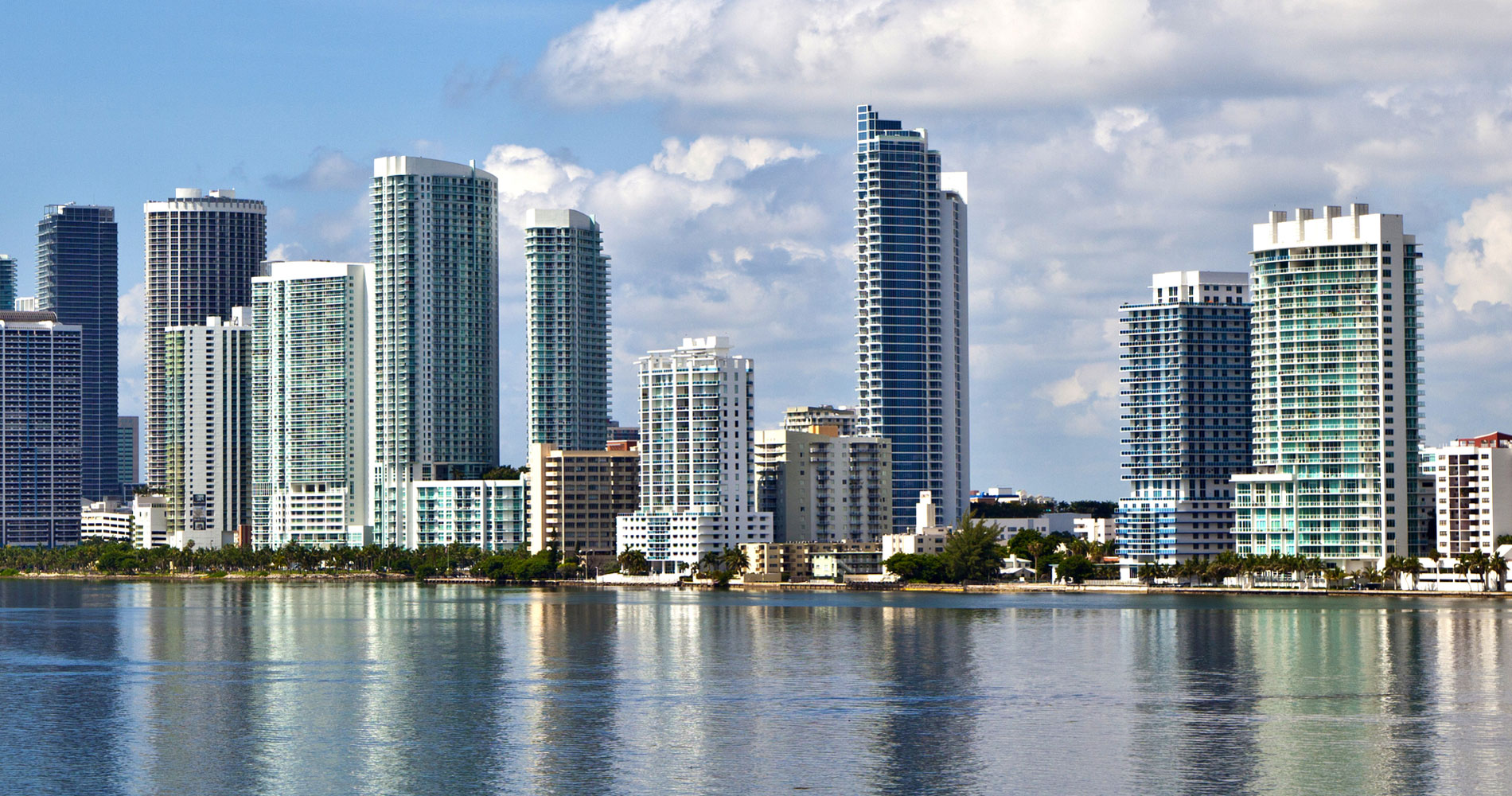Religious Workers
An individual may obtain a green card through an offer of full-time indefinite employment as a religious worker.
There are two steps to the process: 1) filing and approval of the Form I-360 Petition for Special Immigrant, and 2) filing and approval of the? Form I-485 Adjustment of Status application (or an immigrant interview at a U.S. Consulate/Embassy abroad).
The requirements for filing an I-360 are:
- The individual must have been a member of a religious denomination that has a bona fide non-profit religious organization in the U.S. for the immediate past two (2) years;
- The individual must be coming to U.S. to work full-time (at least 35 hrs/week);
- The individual will be compensated as a minister (solely), in a religious vocation, or in a religious occupation;
- The individual must be coming to work for a bona fide non-profit religious organization in the U.S. (or an organization affiliated with the religious denomination); and
- The individual must have worked in one of the qualifying positions, either abroad or in the U.S., continuously for the immediate past two (2) years. (A break in the continuity of employment is allowed as long as the individual was employed as a religious worker, the break did not exceed 2 years, and the break was for religious training/sabbatical. There can be no unauthorized work in U.S.)
Either the individual or the prospective U.S employer can file the I-360 petition with USCIS. The petition is attestation based.
The prospective U.S. employer must attest:
- The employer is a bona fide non-profit religious organization or an organization affiliated with the religious denomination;
- To the number of members of the religious organization,;
- To the number of employees who work at the same location as the beneficiary and provide a summary of the type of responsibilities of those employees;
- To the number of employees holding special immigrant or R-1 status, currently or within the last five (5) years;
- To the number of I-360 and R-1 petitions filed the employer in the last five (5) years;
- The title of the position offered to the individual, the complete package or salaried/non-salaried compensation, and a detailed description of the daily duties;
- That the individual will be employed at least 35 hrs/week;
- To the specific location of proposed employment;
- That the individual has worked as a religious worker for the immediate past two (2) years;
- That the individual has been a member of the denomination for at least the immediate past two (2) years;
- That the individual will not engage in secular employment, any compensation will be paid by the attesting employer;
- The employer has the ability and intention to compensate the individual so that individual and family will not become public charges; and
- That funds to pay the individual do not include any monies obtained from the individual (excluding reasonable tithes).
Documentation that is required to be submitted with the I-360 petition includes:
- A currently valid letter from the Internal Revenue Service determining that the employer is a 501(c)(3) entity;
- If the individual will be employed as a minister, the petition must include a copy of certificate of ordination, documents reflecting acceptance of the individual?s qualifications as a minister; and
- Evidence the individual has completed any required education at an accredited theological institution recognized by the denomination. For denominations that do not require theological education, the petition must include evidence of the denomination?s requirements for ordination, the levels of ordination (if any), and the individual?s completion of the requirements.
- Evidence of how the employer intends to compensate the individual including past documentation of compensation, budgets showing funds set aside for salaries, documentation of past compensation for similar positions, etc. If W-2?s or certified tax returns are available, they must be provided.
- Evidence of prior employment. If the individual? is employed in the U.S., copies of W-2s or tax returns must be provided. For non-salaried compensation, Internal Revenue Service documentation of the compensation should be provided, if available. If the individual has received no salary, copies of audited financial statements, financial records, bank account statements, trust documents, etc. must be provided. Other comparable evidence of religious work must be provided if the FN has been employed outside the US.
In order to limit the amount of fraud in religious worker cases, USCIS will verify evidence submitted by any means appropriate, including an on-site inspection of the petitioning organization. Pursuant to a recent court decision, USCIS must allow the I-360 and I-485 Adjustment of Status application to be filed concurrently, if immigrant visas are available. Religious worker immigrants are under the EB-4 preference category in the Department of State?s Visa Bulletin, which is usually current. There is a provision in the law that sets a date deadline for non-minister special immigrant religious worker petitions and I-485 applications to be filed and approved. This deadline has historically been extended each time it is reached.

